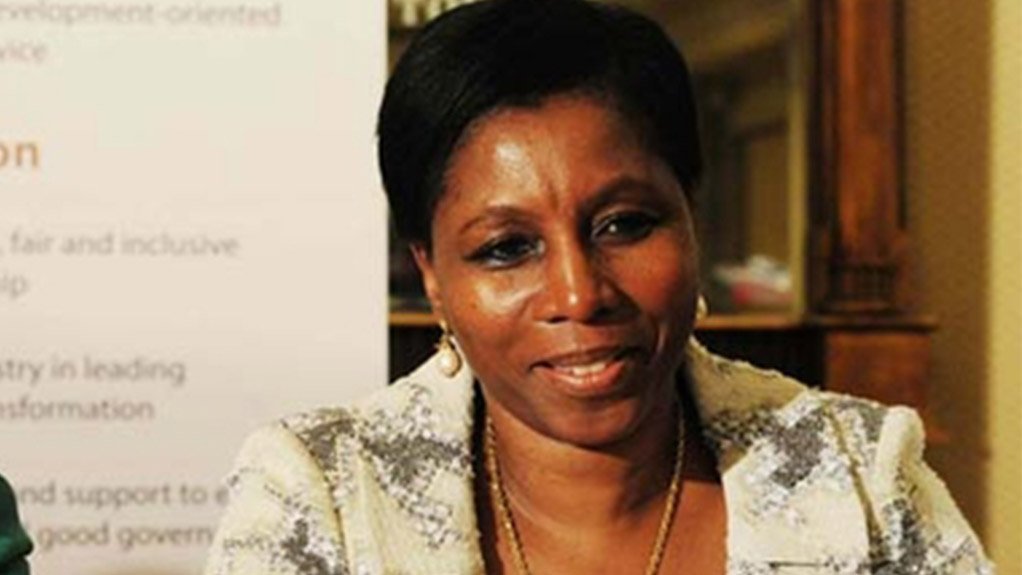Some in the African National Congress (ANC) might believe the party will govern "until Jesus Christ’s return", but this hasn't stopped the party from starting discussions over ways to approach coalitions in the future.
The ANC has released policy discussion documents ahead of its 2017 national policy conference in June. Members of the public have also been invited to contribute to the discussions by party structures ahead of the conference.
"The ANC must also prepare itself for the complicated relationships involved in coalition governments," said the party in its discussion papers.
The proposal comes ahead of what is expected to be a fierce electoral battle, with the ANC admitting that it is increasingly losing the trust of the people, as illustrated by declining electoral performance and intense public criticism.
It has also acknowledged a social distance between its leaders and members, widespread corruption, poor performance in government and abuse of organisational processes for personal gain, will contribute to the party's demise if left unattended.
Speaking to journalists at a media briefing on Sunday, where the party released the papers, chairperson of the subcommittee on legislation and governance Ayanda Dlodlo said a document on coalitions was still under discussion and would be sent to branches and provinces once completed.
"It speaks to the planning processes and how we need to deal with situations of coalitions, what it is we need to put on the table, what is negotiable and what is non-negotiable," said Dlodlo.
Metros lost
After last year's local elections, the ANC found itself for the first time since the dawn of democracy negotiating with opposition parties to form coalitions in major metros after it failed to win outright majorities in Tshwane, Johannesburg and Nelson Mandela Bay.
In the end, the main opposition the Democratic Alliance (ANC) won the coalition talks, with smaller parties backing it rather than the ANC, leaving the party out of out of power in the metros and other municipalities.
One of the key tests for the ANC in coalitions has been its partnership with little known African Independent Congress (AIC), which helped the party secure Ekurhuleni and Rustenburg following a lacklustre performance at the polls during the 2016 polls.
The AIC has threatened to pull out of the coalition if the ANC does not meet its demand of returning Matatiele to KwaZulu-Natal. It is now part of the Eastern Cape.
"What we also need to be looking at as the ANC, and it has happened in the last elections, is to say what team? How should the team be constituted that actually deals with coalitions?” Dlodlo added.
'In power forever'
Almost echoing President Jacob Zuma’s previous sentiments that the ANC would always be in government, chair of the organisational renewal subcommittee Fikile Mbalula said the party was preparing to "stay in power forever", which he defended as not being a sign of arrogance but a strategic objective from his own personal view.
"Renewal prepares the movement to be an organisation to respond to all challenges and material conditions whether in opposition or not," said Mbalula.
He said the ANC was not on the back foot when it came to issues of coalitions.
In the documents, the ruling party ponders over the task of having to convince coalition partners that its policies and programmes were not only the best but to also close shop and join its ranks.
"In all spheres of government, the ANC must lead and actively work to recruit opposition forces and coalition partners into becoming supporters and members of the ANC," said the party in its discussion documents.
The ANC will sit to deliberate over this matter and review several of its policies on 30 June.
EMAIL THIS ARTICLE SAVE THIS ARTICLE
To subscribe email subscriptions@creamermedia.co.za or click here
To advertise email advertising@creamermedia.co.za or click here











